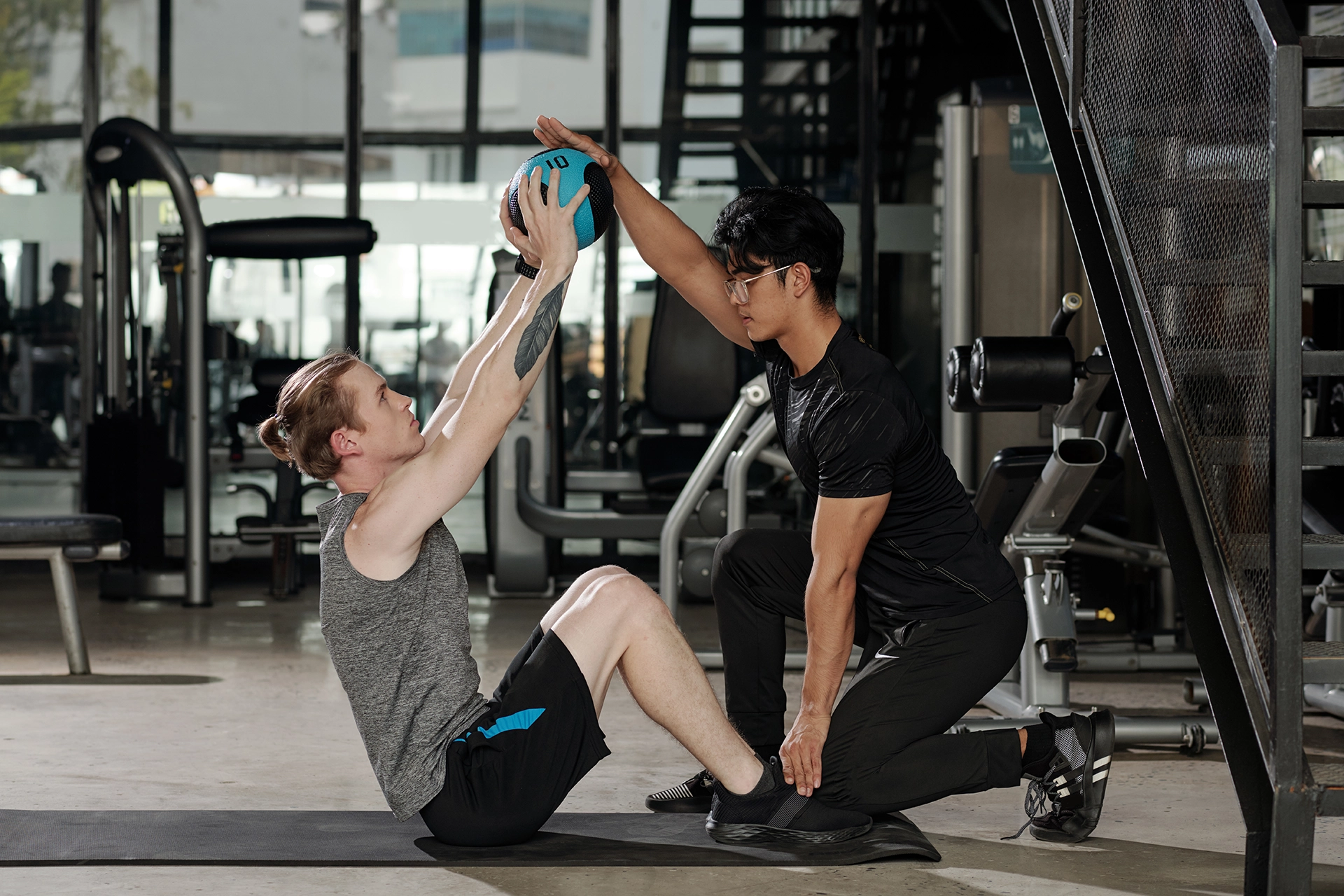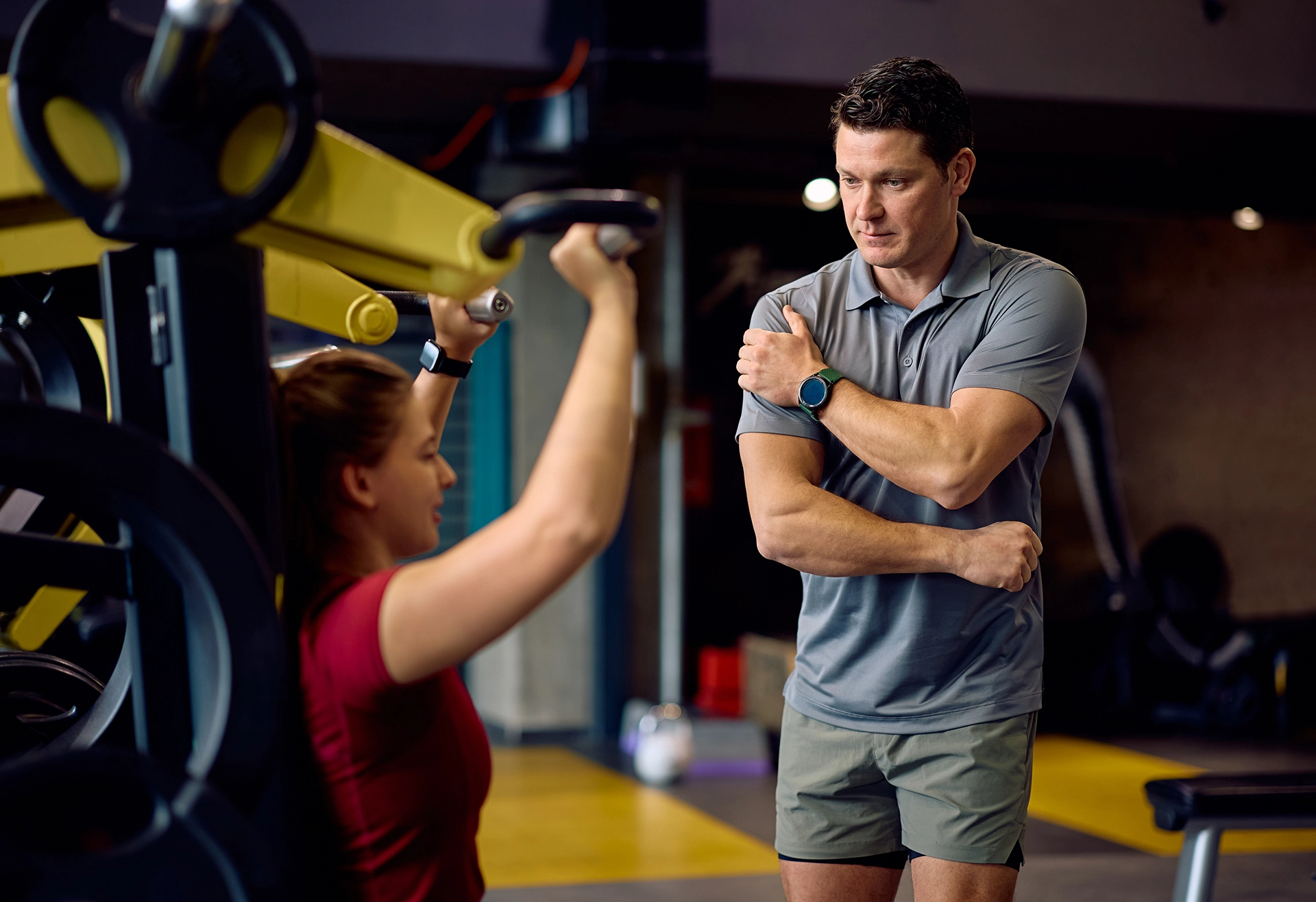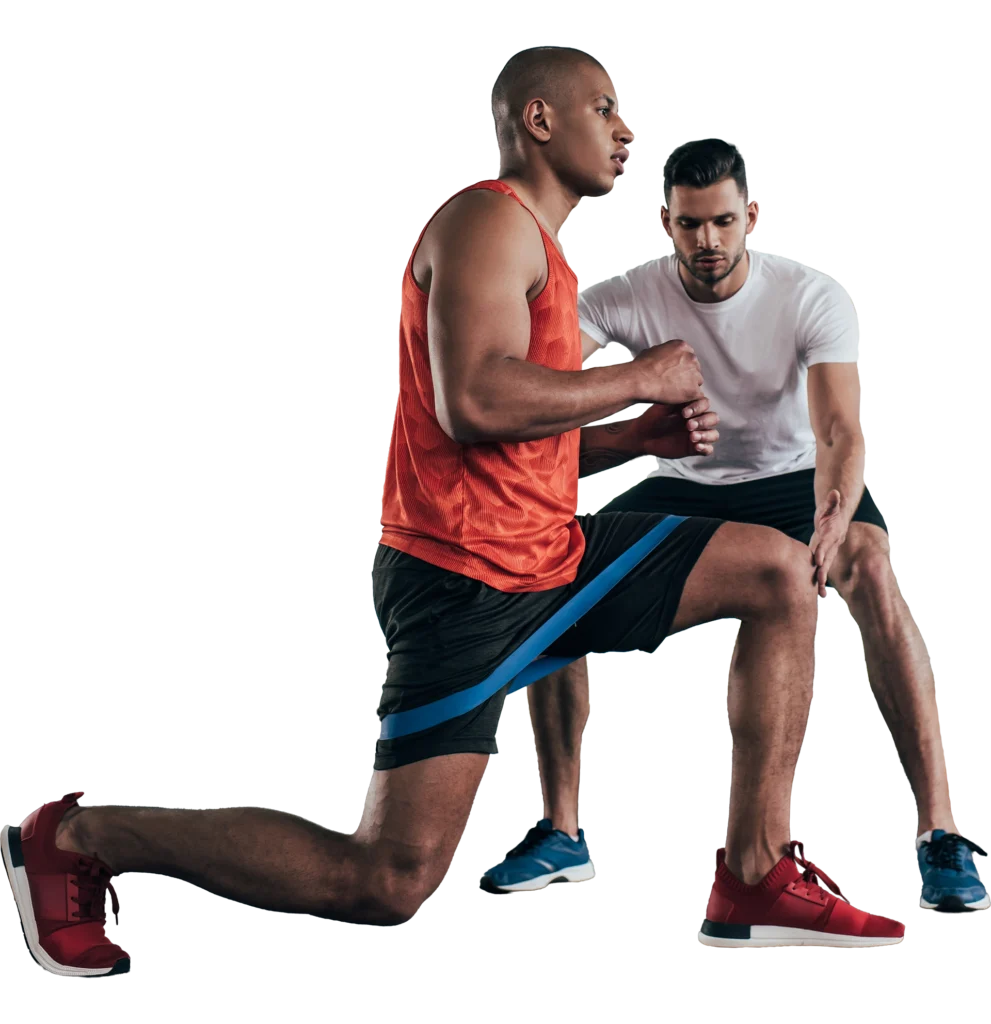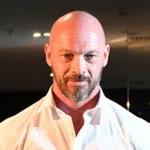Training
Coaching the ‘Why’ to Build Lifelong Athletes

Picture this: Your client nails a squat, but their mind is a million miles away. Next week, they miss a session. Sound familiar?
If fitness coaching is just about the ‘what’ – reps, sets, routines – you’re missing a secret weapon: the ‘why’.
Why the ‘Why’?
Clients don’t quit because of muscle fatigue – they quit when they lose sight of purpose. Research and top-performing trainers are shouting the same message: coaches who consistently connect program tasks to the big-picture ‘why’ keep clients longer and unlock better transformations.
But what does coaching the ‘why’ look like in action?
Asking Better Questions to Uncover Motivation
Start your sessions with one powerful question: “What do you want to feel or achieve when you finish this program?”
Then, go deeper by asking:
“Why did you choose to start now?”
“How will progress make a difference in your daily life?”
“What’s been missing from other training approaches you’ve tried?”
Explaining the Why – Not Just the What
Ditch the jargon! When teaching complex movements, share their purpose in clear, life-relevant terms. For example, instead of saying, “We’re doing posterior chain activation for glute development,” try saying: “These moves protect your low back and give you more stamina for family and work – your goals”.
Simple frameworks can work wonders:

For every exercise prescribed, say something like: “Here’s what we’re doing – here’s why it matters for your goals”.

For new skills or modalities, try saying: “This might be new, but here’s how it gets you closer to feeling X or achieving Y”.
Structuring Sessions Around Goals – Not Just Workouts
- Resist the urge to build one-size-fits-all programs.
- At the start of each session, reference each client’s bigger goal.
- During each move, connect effort back to the client’s core motivation (for example: “Pushing here supports your marathon goal / healthy ageing / remaining agile for your kids”).
- Finish sessions with a review: “Today supported your goal of . Is there anything you’d like to tweak for next time?”
Building Buy-In and Trust
- Clients trust coaches who see them as more than a set of stats.
- Celebrate purposeful progress, not just weight on the bar.
- Check in regularly. Ask: “Is this still your priority? Has your ‘why’ evolved?”
- Share your insights – “You seem more energised; that lines up with the confidence you wanted to build”.
- These conversations help clients feel heard and invested, driving long-term adherence.
Practical Takeaways for Coaches
Framework for Explaining Movements
Always follow ‘what’ and ‘why’. For example: “Today’s deadlifts? They protect your posture, so you finish the day strong for your family”.
Motivation Mapping
Use a goal chart at intake and revisit it monthly.
Session Structure
Begin with a goal check, tie activities to the “why,” and conclude with a purpose recap.

Conclusion: Becoming a Why-Driven Coach
Coaching the ‘why’ isn’t ‘woo-woo’; it’s a proven way to reframe fitness so it sticks for your clients. When they understand and buy into the purpose behind each movement, you don’t just gain loyalty, you build a community of lifelong athletes.
Ready to raise the bar? Start with ‘why’ and watch your clients (and your business) transform.

Tony Attridge
Tony is the Founder of The College of Health and Fitness. Find out more about continuing your education and check out the courses and short courses at cohaf.edu.au.